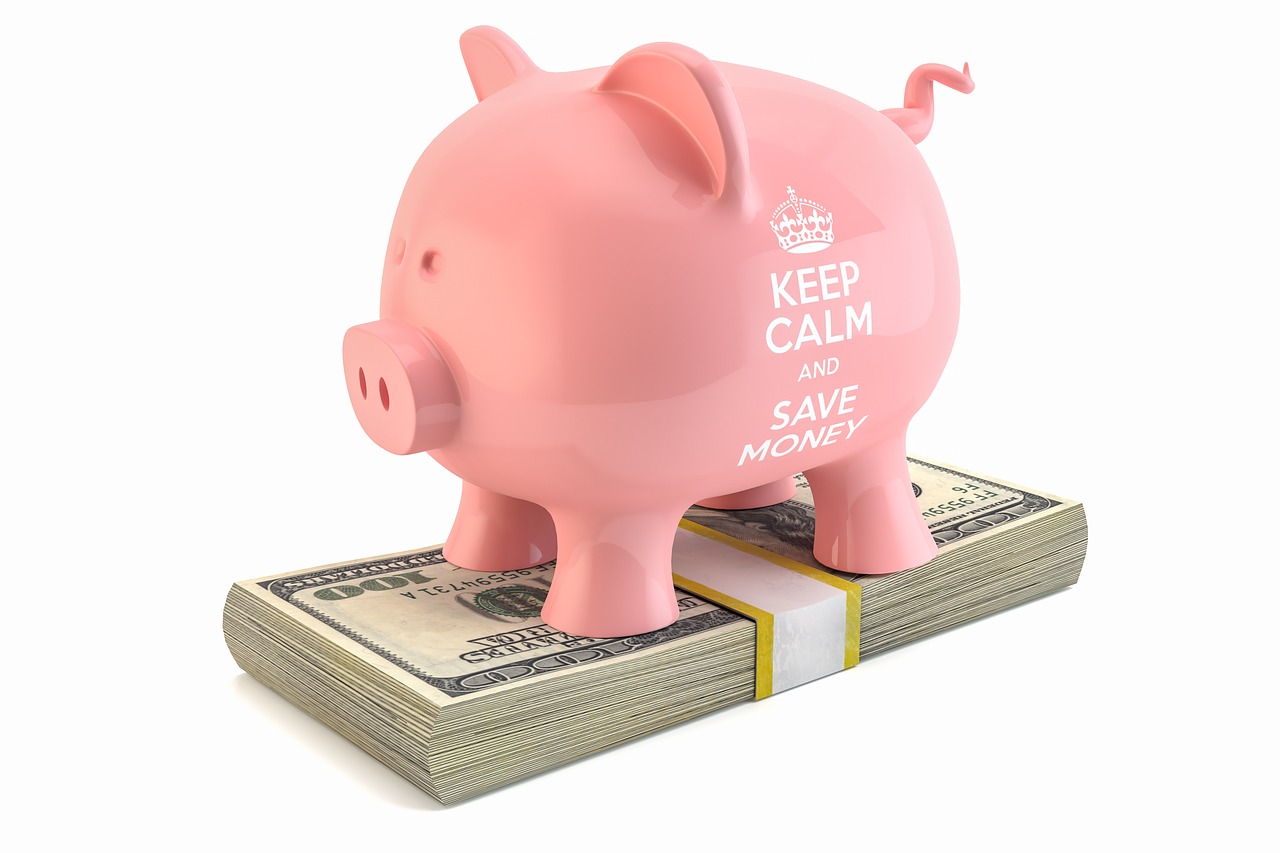Your debt has you by the neck with an ever-tightening grip. Dramatic much? Maybe, but likely not by far. The fact is you’re in trouble, and you know it. The good news is there are debt relief options that can save your financial life.
Here’s how debt relief can help you.
What is Debt Relief?
In a broad sense, debt relief encompasses initiatives designed to diminish or restructure debt, thereby making repayment more manageable and economically viable for you. Recognizing the opportune moment to seek debt relief is vital. Such strategies involve negotiating your debt or substituting it with a new loan with redefined terms.
The following are the primary types of debt relief.
Debt Consolidation
This strategy works best for those whose debt load is on the manageable side and whose credit score is on the high side. You’ll need the latter to be eligible for a balance transfer card or personal loan.
Essentially, debt consolidation rolls multiple debts into a single payment, saving you money through reduced interest rates, and allowing you to pay off your obligations faster. It also makes bill paying simpler since you have just one account to worry about.
You could take out a consolidation loan, which is a personal loan from a bank, credit union or online lender. You need a better rate than you’re currently paying – the only way consolidation makes sense. In general, the higher your credit scores, the sweeter your interest rate.
If you can qualify credit-wise, you also can consolidate through one of those balance transfer credit cards that companies sometimes issue for a promotional or introductory period. You can shift your high-interest credit card debt onto this zero-percent interest card. You’ll just need to be sure to pay the card off before the promotional period ends – in about 12 to 18 months – and the interest rate shoots back up.
Debt Settlement
You can get a fresh start with this approach, which calls for you to hire a company such as Freedom Debt Relief to see whether credit card companies or other unsecured creditors will “settle” your accounts for a portion of your liability. Creditors know that your other option is bankruptcy, in which case they’ll likely get nothing. So, they usually go along.
How it works is, instead of paying creditors directly, you’ll make monthly deposits into a savings-type account. When you’ve saved enough – determined by the size of your debt and your income – the company will begin negotiations with your creditors, using your account as leverage. Upon each settlement, which must be approved by you, payment funds are derived from the account.
While most debt settlement companies are above board, the field does have a few bad apples. So, make sure you choose an accredited and established agency. Check out Freedom Debt Relief reviews for more info.
Credit Counseling
You’re a prime candidate for this approach if you’re struggling to make your monthly payments and your credit scores, well …. they could be higher.
Certified counselors can assist you with making a budget and can educate you about financial matters. They also can enroll you in what’s called a debt management plan in which you make a single monthly payment to the counseling agency to cover all your unsecured accounts from credit cards, personal loans, medical bills, and the like. The agency will use that money to pay your creditors.
Your agency may wind up getting you better, money-saving interest rates, but note that you’ll likely be asked to close your credit cards and be prohibited from opening any new lines of credit until your debts are paid off.
Now you know how debt relief can help you. Did you find a strategy that suits your situation? You likely did. There’s nothing to do now but get started.

